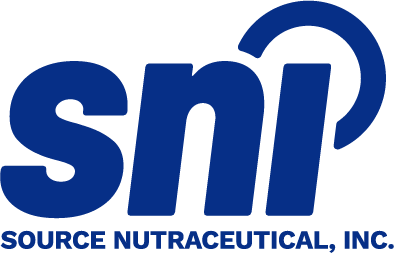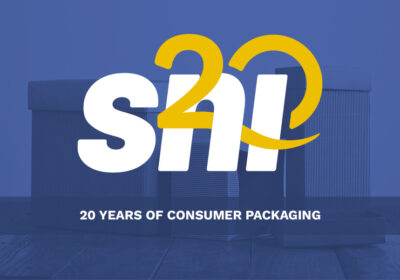Navigating the world of food regulations can be overwhelming for brand owners, especially for those new to the industry.
The regulatory landscape is complex and can present significant challenges across multiple areas, including product manufacture, food safety, allergens, product labeling, and import/export requirements.
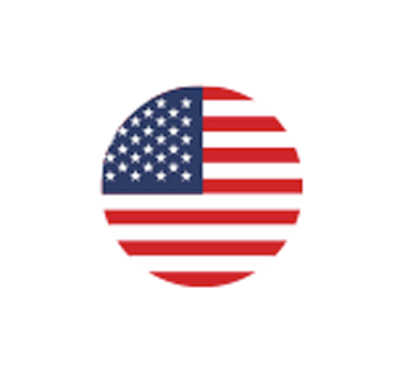
In both the US and Canada, food manufacturers must adhere to strict guidelines to ensure products are safe for consumers.
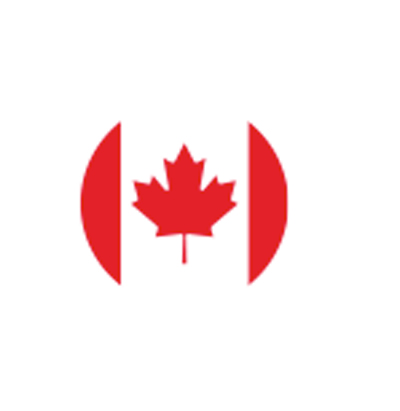
The US Food and Drug Administration (FDA) and the Canadian Food Inspection Agency (CFIA) enforce high standards to prevent contamination, requiring strict protocols around cleanliness, hygiene, and cross-contamination.
Non-compliance with these can lead to recalls, fines, or worse – brand reputation damage. For small to medium-sized brands, keeping up with the latest food safety regulations can feel like a full-time job. Thank goodness team SNI is dedicated to help!
ALLERGENS
The US and Canada both have lists of priority allergens which must be accurately declared on a food product label to alert consumers to their presence. The lists differ slightly between the two countries, so it is important for manufacturers to adjust their label for the country they are selling into.
In addition to the mandatory labelling of allergens present in the product, precautionary allergen statements such as “May contain”, may be used if inadvertent presence is unavoidable, however these are voluntary.
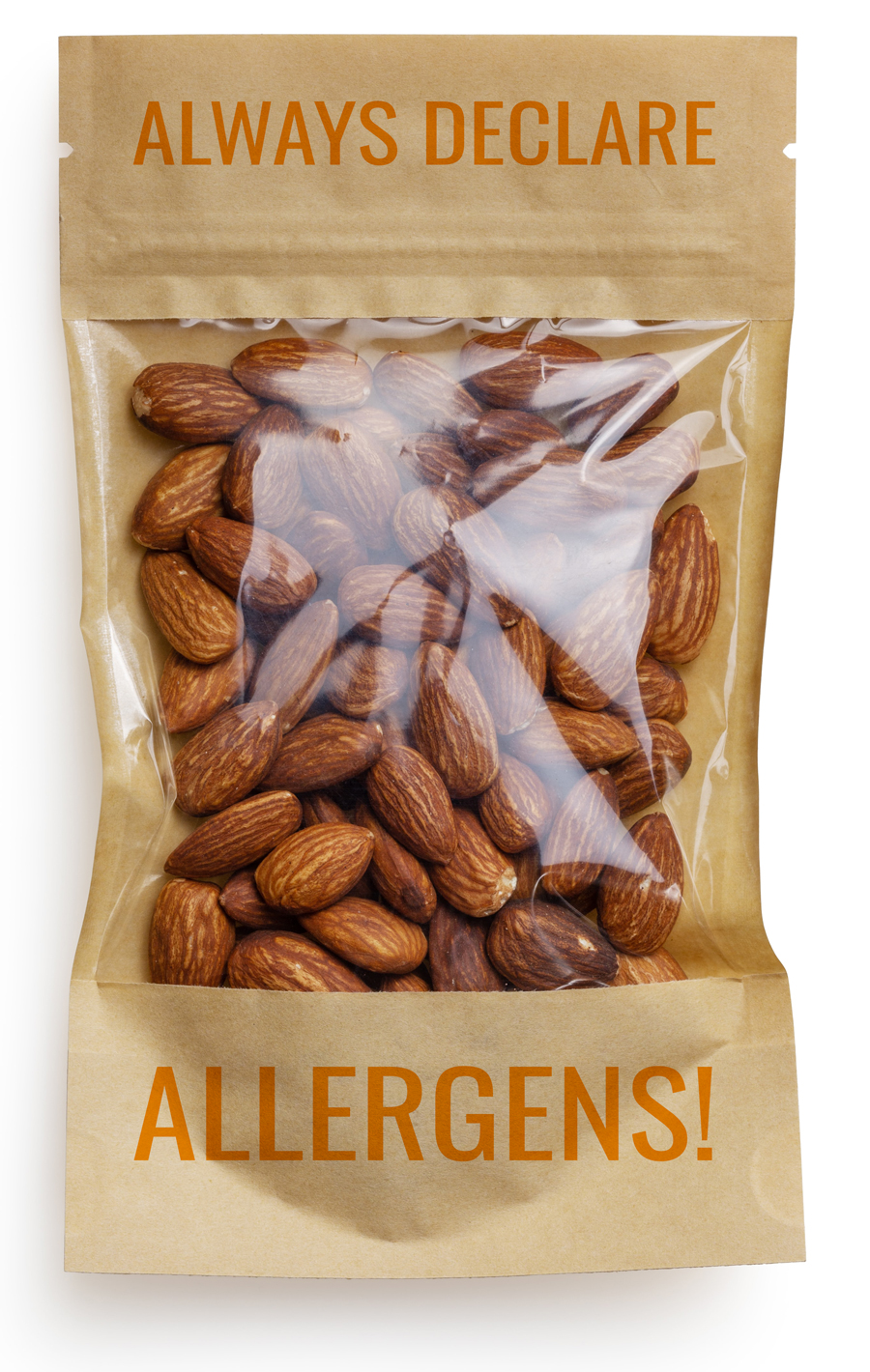
Failure to disclose priority allergens on a food label can lead to severe consequences, including allergic reactions, recalls, and penalties to food companies.
 While recalls due to pathogens or foreign materials often dominate headlines, those triggered by undisclosed allergens are equally important.
While recalls due to pathogens or foreign materials often dominate headlines, those triggered by undisclosed allergens are equally important.
Recalls for undeclared allergens can stem from various sources, such as consumer complaints or regulatory inspections, resulting in significant financial losses and negative brand reputation.
PRODUCT LABELLING
Labelling regulations, in particular, are daunting. Not only must labels include clear and accurate nutritional information, but they must also meet language requirements—English and French in Canada—and adhere to health claim regulations. Missteps in labeling can lead to delays in product launches, fines, and the need for costly reprints.
Plus, with the rise of consumer demand for transparency, additional considerations around sustainable sourcing, organic claims, and non-GMO labeling add further complexity to an already intricate process.
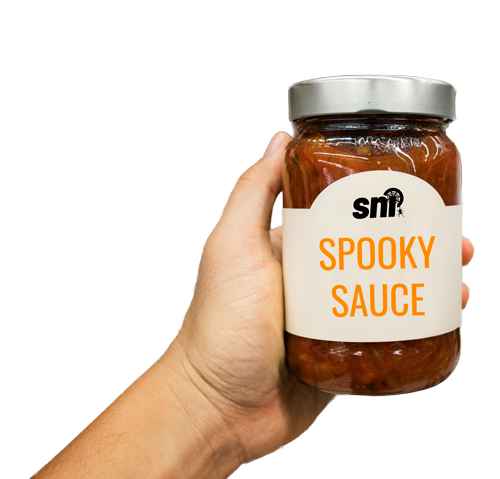
IMPORT / EXPORT CHALLENGES
For companies looking to expand their reach, importing and exporting food products brings a host of additional regulatory hurdles. Differences in standards between the US and Canada can complicate matters, as brands need to be well-versed in the specific import/export requirements of each country.
Proper documentation, tariff classifications, and adherence to both countries' regulatory frameworks are essential for a smooth cross-border process.
At the end of the day, regulations serve to protect consumers, but they can feel like a significant burden for brand owners.
To stay competitive and compliant, businesses need expert guidance to navigate these regulations while balancing product innovation and market expansion. For those looking to grow in both the US and Canadian markets, investing in regulatory expertise is not just a necessity—it’s a strategic advantage.
Opting for a professional approach, such as consulting with a specialized company like SNI, ensures compliance with labelling regulations and protects your product integrity. Our team at SNI can complete regulatory reviews to ensure compliance with updated standards, ensuring that your product stays on the shelf, where it belongs!
